WELCOME FROM THE CHAIR
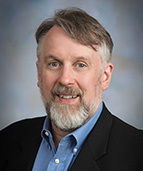
Computer science is a pioneering discipline, always scanning the horizon for innovation. In 2020, when the global pandemic brought unprecedented challenges to CSU’s vital research work, our department responded with a focused vision – keep forging ahead.
We were determined to uncover research opportunities hidden in the limitations, and I am delighted to tell you we succeeded. Our research faculty and students are partnering in two new National Science Foundation AI institutes, a new Cybersecurity Center, and collaborating with researchers from CSU and around the globe to solve urgent problems. This newsletter is devoted to sharing a few of these research highlights with you.
In addition to our exciting research endeavors, the department continues to grow. Our combined on-campus and online enrollment increased in fall 2020, and we added new courses, such as an introductory machine learning course that complements our more advanced ML courses. We welcomed new faculty Nikhil Krishnaswamy, an expert in spoken communication with computers. Six new staff members joined us, including an office manager and three more academic success coordinators.
Please enjoy reading about the department’s research in the spring 2020 newsletter. No matter what challenges lie ahead, our research will continue pushing the boundaries of discovery to make the world a safer, better place for us all.
Craig Partridge
Department Chair
FEATURED NEWS

The Department of Computer Science is a partner in two of the five new $20M National Science Foundation artificial intelligence centers: the AI Institute for Research on Trustworthy AI in Weather, Climate, and Coastal Oceanography and the AI Institute for Student-AI Teaming. These revolutionary research and education hubs bring university researchers, industry, and government together to address frontier AI challenges.
RESEARCH HIGHLIGHTS
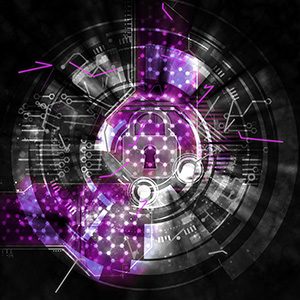 New Cybersecurity Center prepares students and workforce to address cybersecurity challenges
New Cybersecurity Center prepares students and workforce to address cybersecurity challenges
From vehicles to business operations to personal information – cybersecurity protects our world. A new collaborative Cybersecurity Center at CSU uses education, research, and outreach to train students and the workforce in state-of-the-art cybersecurity practices.
The center’s educational efforts include course offerings, student activities and competitions. Research activities encompass cyberbiosecurity, energy security, transportation security, secure Internet-of-Things, healthcare security and privacy, misinformation detection, firmware and network security. The center also actively engages in outreach with K-12 schools on cybersecurity curriculum and delivers community education seminars.
Established with funds from the State of Colorado, the Cybersecurity Center is collaboration between the Department of Computer Science in the College of Natural Sciences and the Department of Computer Information Systems in the College of Business.

By storing ‘sketches’ of data, computer scientists seek to transform urban systems
Professor Shrideep Pallickara and a multidisciplinary team of university and government partners have been awarded $3 million from the National Science Foundation to develop a system for streamlining and managing vast datasets that could advance research in urban sustainability.
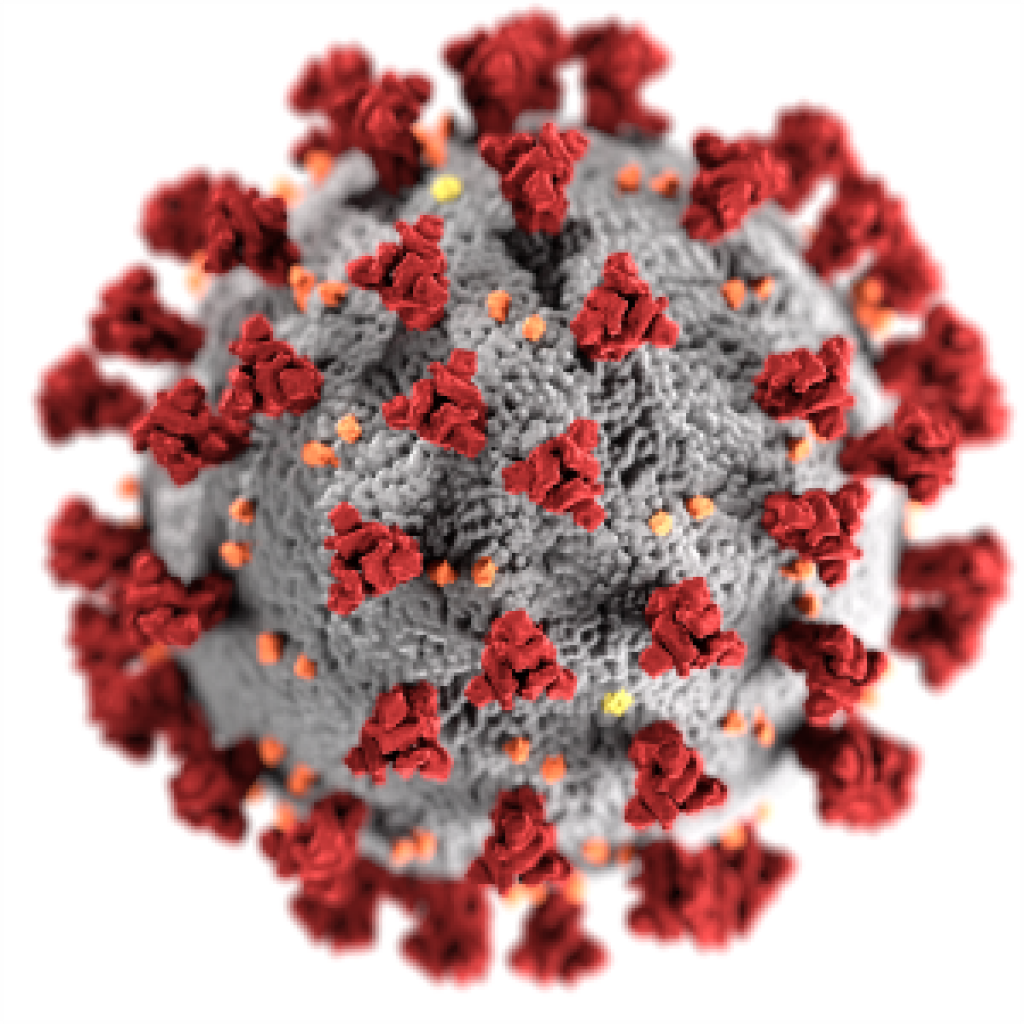
Computer scientists combat COVID-19 falsified data and misinformation
Along with its toll on human lives, the COVID-19 pandemic has produced massive amounts of data in the form of medical records and news articles. For computer science professor Indrakshi Ray, these mountains of data are an opportunity and a challenge to sift through the noise and help determine what’s true and what’s false.
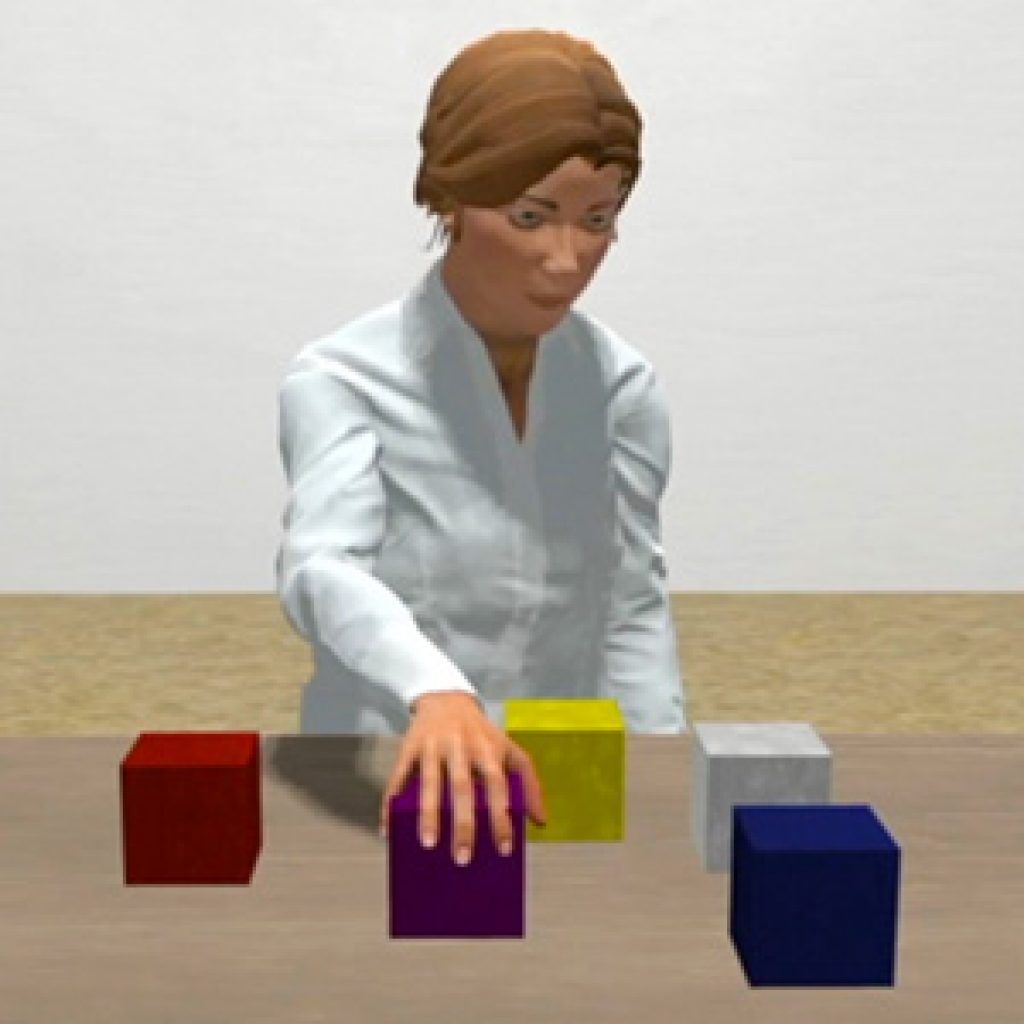
Step in to Diana’s world
Diana is a multimodal interactive agent that can hear, see, and understand her human partner, and communicates using spoken language and gesture to collaborate on construction tasks in a virtual environment. Our Communicating with Computers (CwC) research team received the Best Demo Award at the 2020 ICAT-EGVE conference for a demo of Diana’s world.
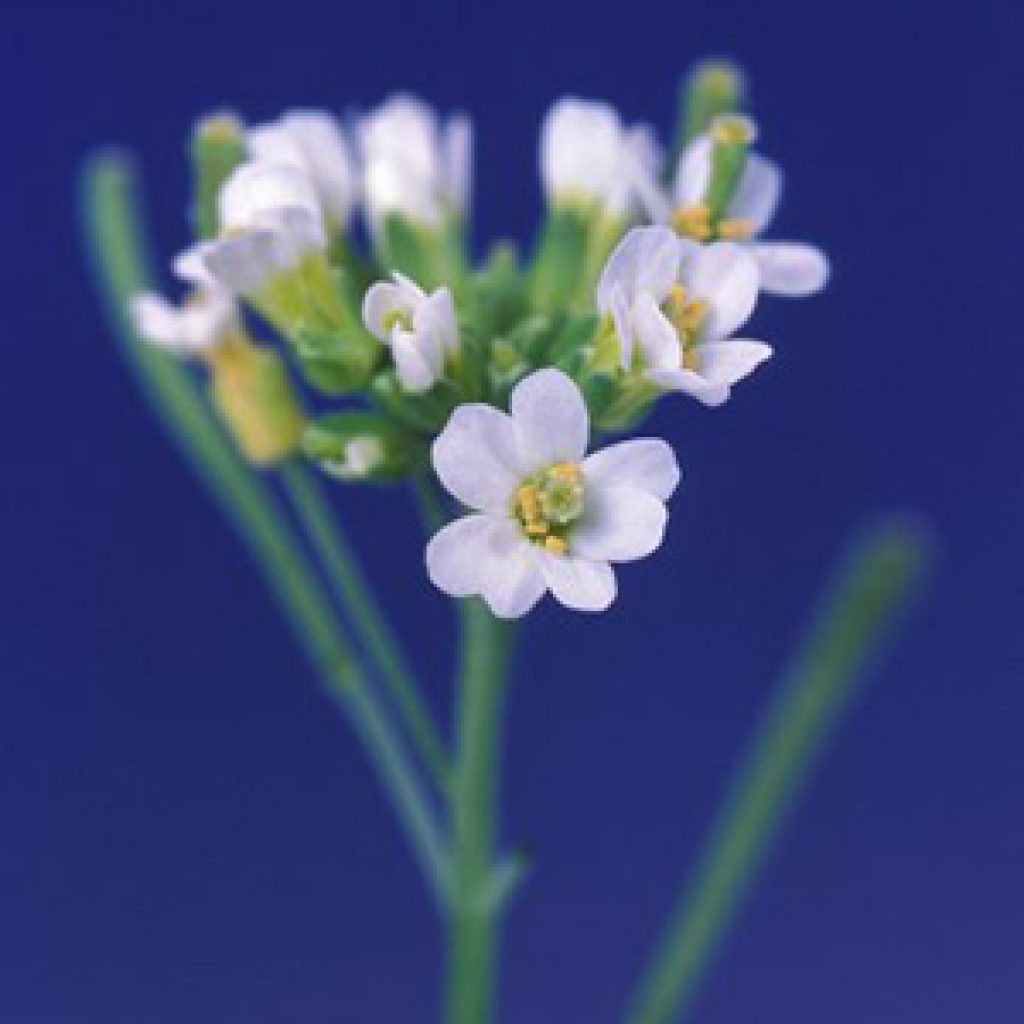
Unraveling genetics: Interdisciplinary team awarded for research on splicing of gene products
Researchers from computer science and biology at CSU have teamed up to pursue an important goal — understanding alternative splicing, a fundamental biological process by which a gene can function in different ways under different conditions. From creating drought-tolerant crops to understanding disease processes in humans, this research is giving people the tools to engineer the response to changing environments.
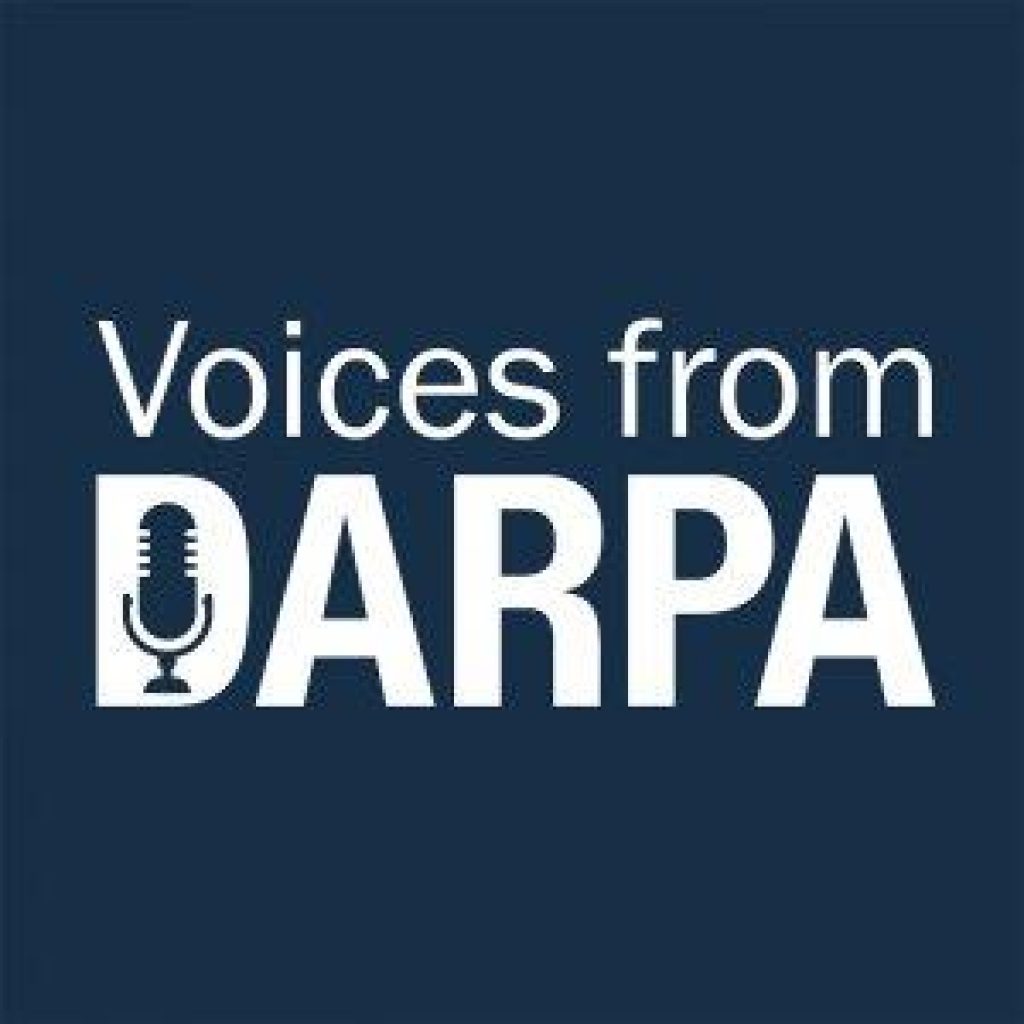
Bruce Draper talks AI with Voices from DARPA
CSU computer science professor Bruce Draper explains how his fascination with the ways people reason, think, and believe what they believe steered him into a lifelong embrace of computer science and artificial intelligence (AI) research. As a DARPA program manager, Draper oversees a portfolio of programs that collectively are about making artificial intelligence learn faster, less prone to mistakes and flawed inferences, and less vulnerable to misuse and deception.
STUDENT SUCCESS
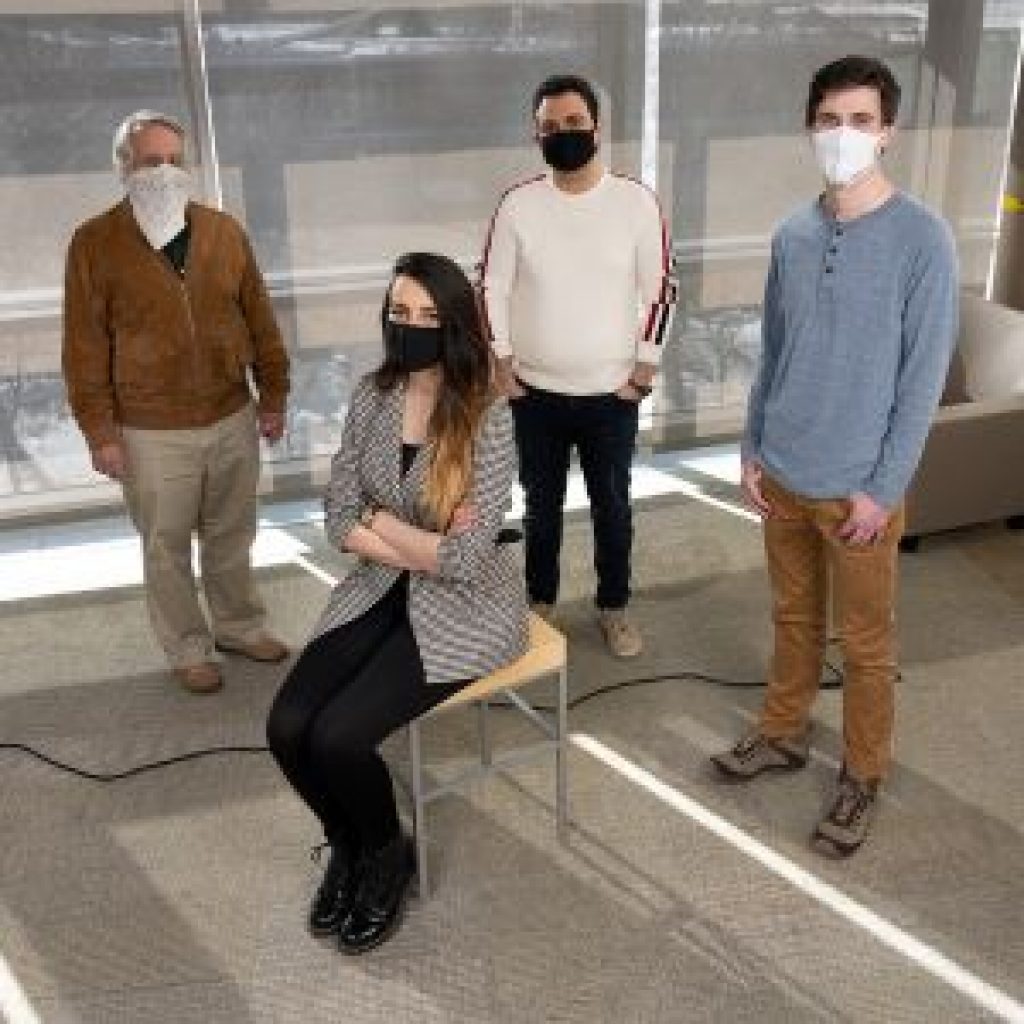
Best Student Paper Award: IEEE Winter Conference on Applications of Computer Vision (WACV)
Congratulations Ameni Trabelsi, Mohamed Chaabane, Nate Blanchard, and Ross Beveridge for their Best Student Paper award at the IEEE Winter Conference on Applications of Computer Vision (WACV), a premier international computer vision event. Their paper is titled, “A Pose Proposal and Refinement Network for Better 6D Object Pose Estimation.”
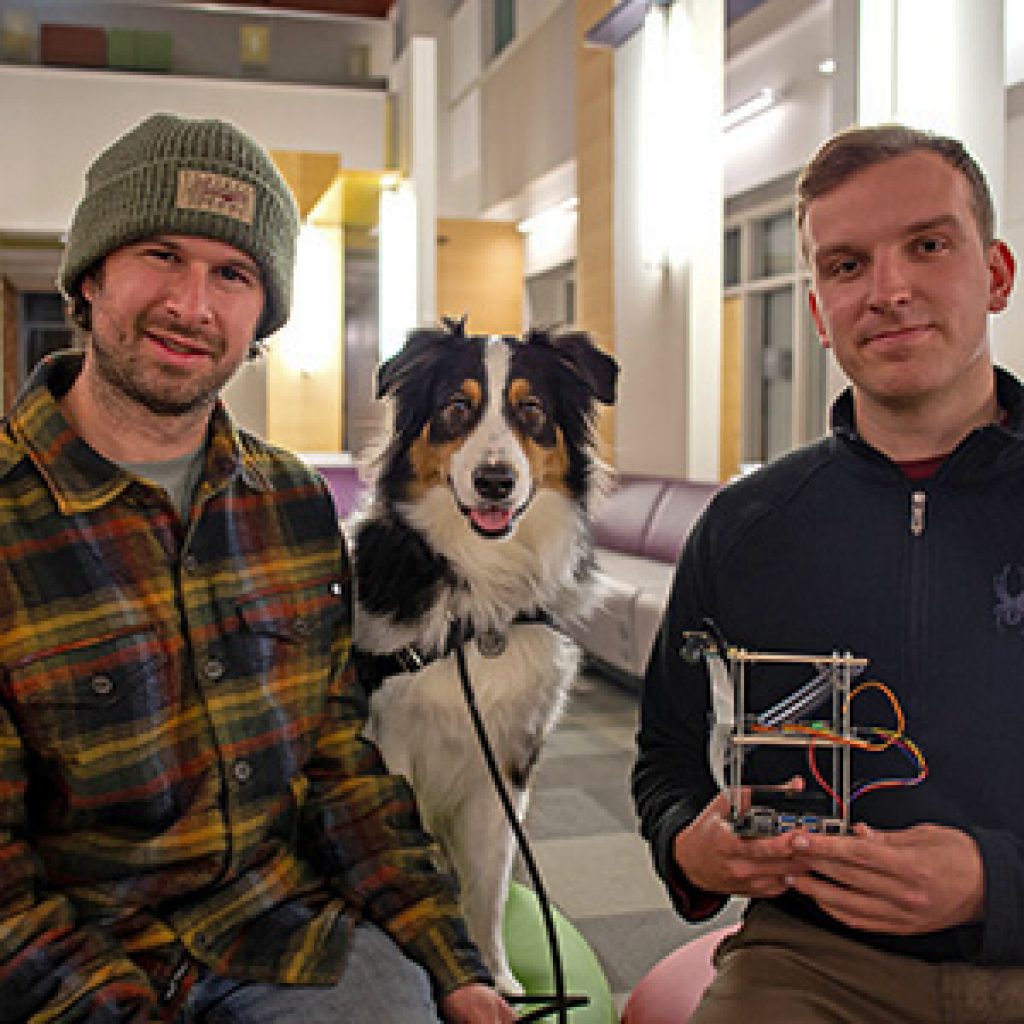
AI is going to the dogs. Literally.
Jason Stock and Tom Cavey built an AI system, using NVIDIA technologies, that recognizes and rewards dogs for responding to commands. They trained image classification networks to determine whether a dog is sitting, standing or lying. If a dog responds to a command by adopting the correct posture, the machine dispenses it a treat.
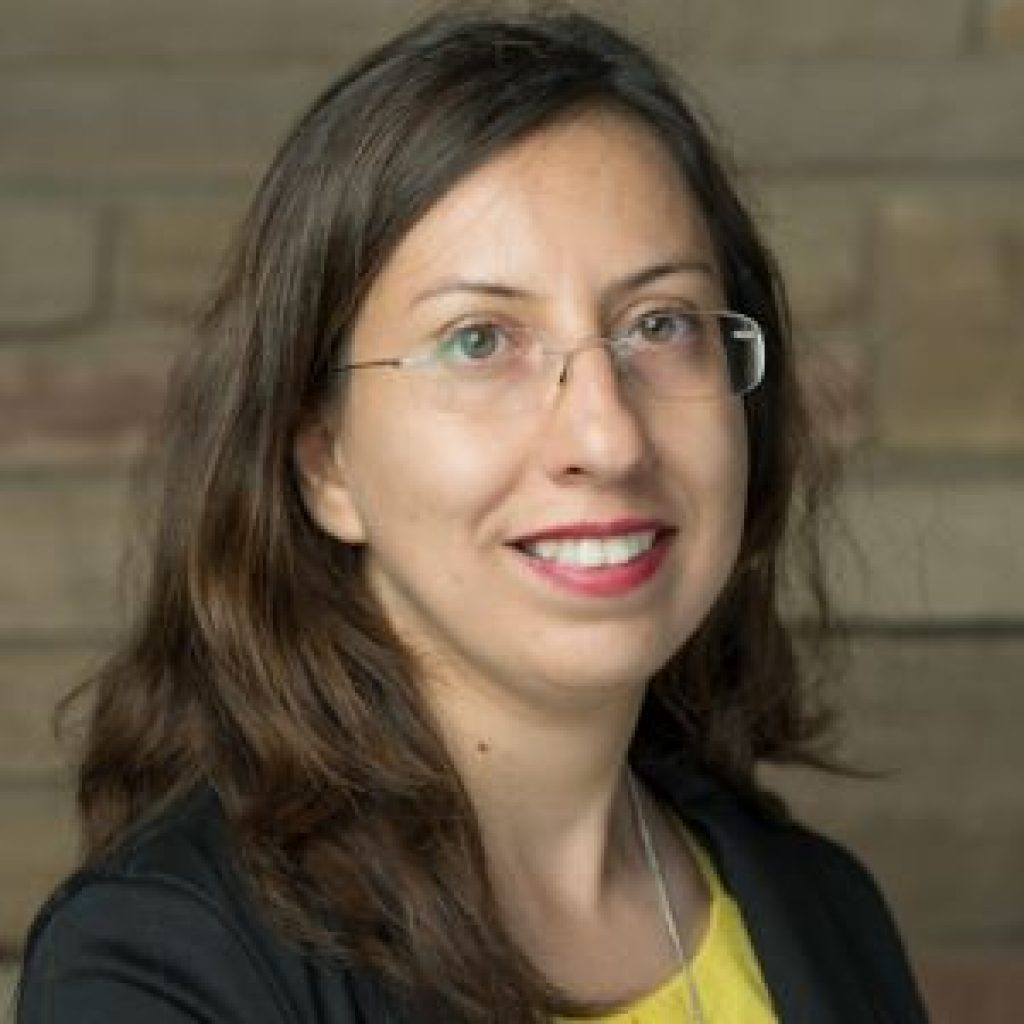
First Place: ACM Tapia Graduate Student Research
Ph.D. candidate Hajar Homayouni took first place at the ACM Richard Tapia Conference competition for her graduate research, “ADQtest: An AI-based Data Quality Test Approach.” She will graduate this semester and is pursuing a career in academia. Homayouni has received multiple awards and scholarships including, the WAGS/ProQuest Distinguished Master’s Thesis Award, CSU Great Minds in Research Award, twice the ACM Richard Tapia Celebration of Diversity in Computing Scholarship, and several Department of Computer Science fellowships.
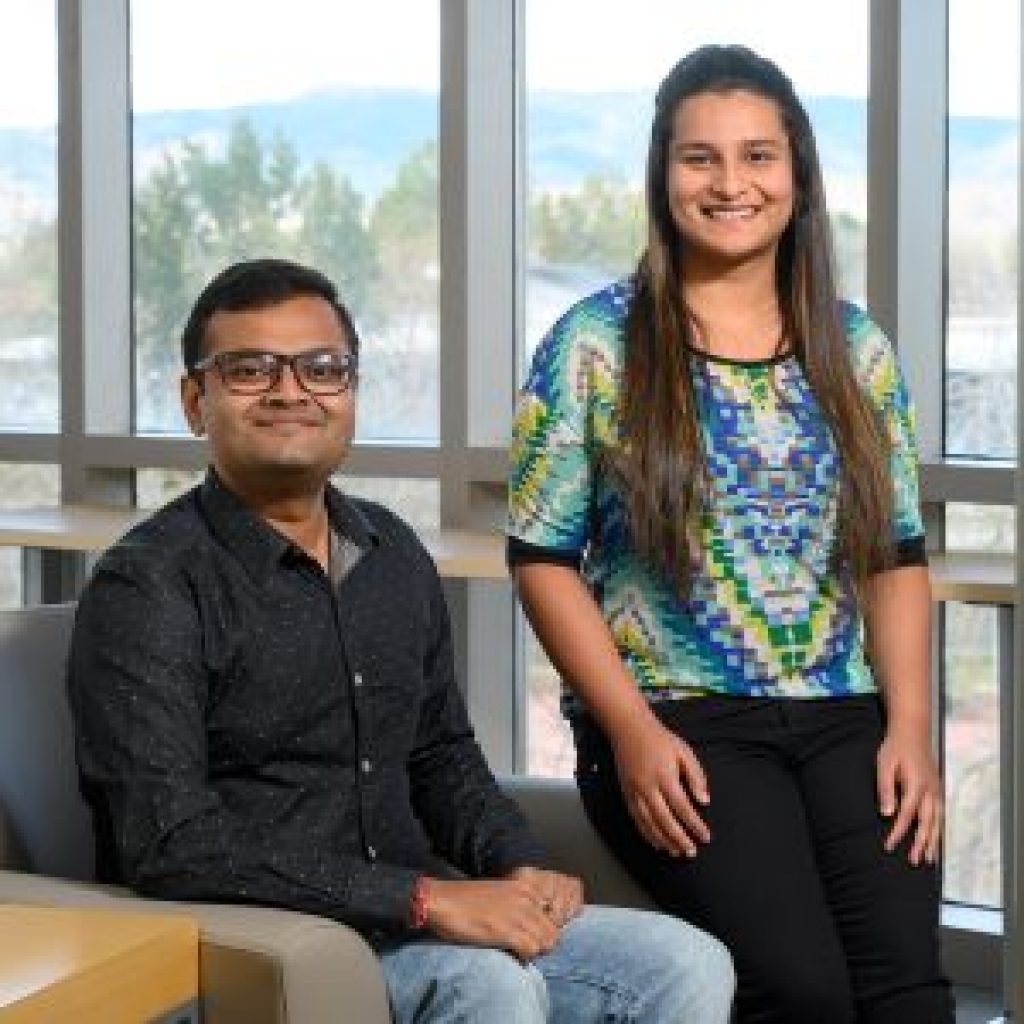
Best Paper Award: IEEE International Conference on Cluster Computing (CLUSTER)
Saptashwa Mitra and Paahuni Khandelwal received the Best Paper Award at the 21st IEEE International Conference on Cluster Computing (CLUSTER) for their paper, “STASH: Fast Hierarchical Aggregation Queries for Effective Visual Spatiotemporal Explorations.” Watch Saptashwa and Paahuni discuss their research in the big data video below.
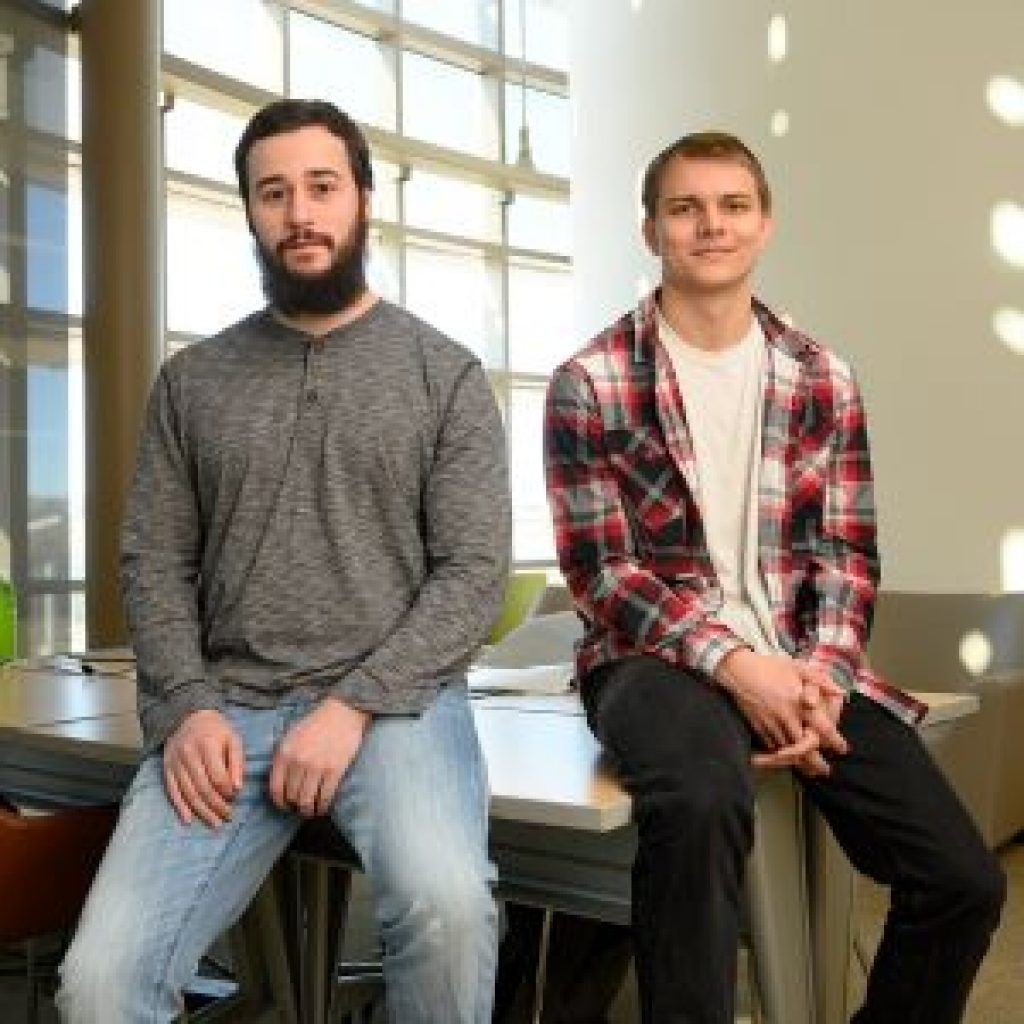
Best Paper Award: ACM International Conference on Big Data Computing, Applications and Technologies (ACM BDCAT)
Kevin Bruhwiler and Sam Armstrong received a Best Paper Award at the ACM International Conference on Big Data Computing, Applications and Technologies for their manuscript titled, “Rapid, Progressive Sub-Graph Explorations for Interactive Visual Analytics over Large-Scale Graph Datasets.”
NEW FACULTY AND STAFF
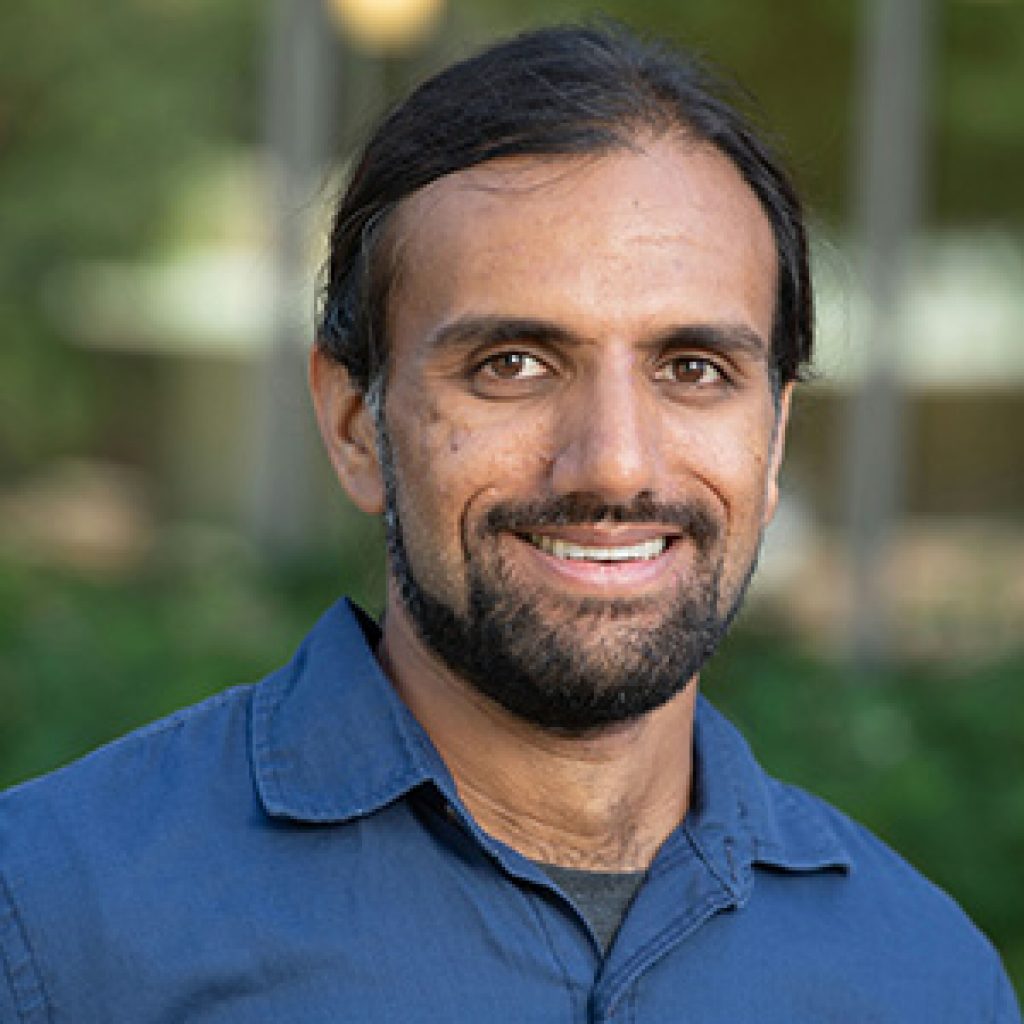
Nikhil Krishnaswamy
Assistant Professor Nikhil Krishnaswamy uses simulation and multimodal methods to research human language understanding, communication, and cognition in a computational context. He applies those methods to questions in HCI/HRI, linguistics, spatial reasoning, data exploration, and more. He also directs the SIGNAL (Situated Grounding and Natural Language) Lab at CSU.
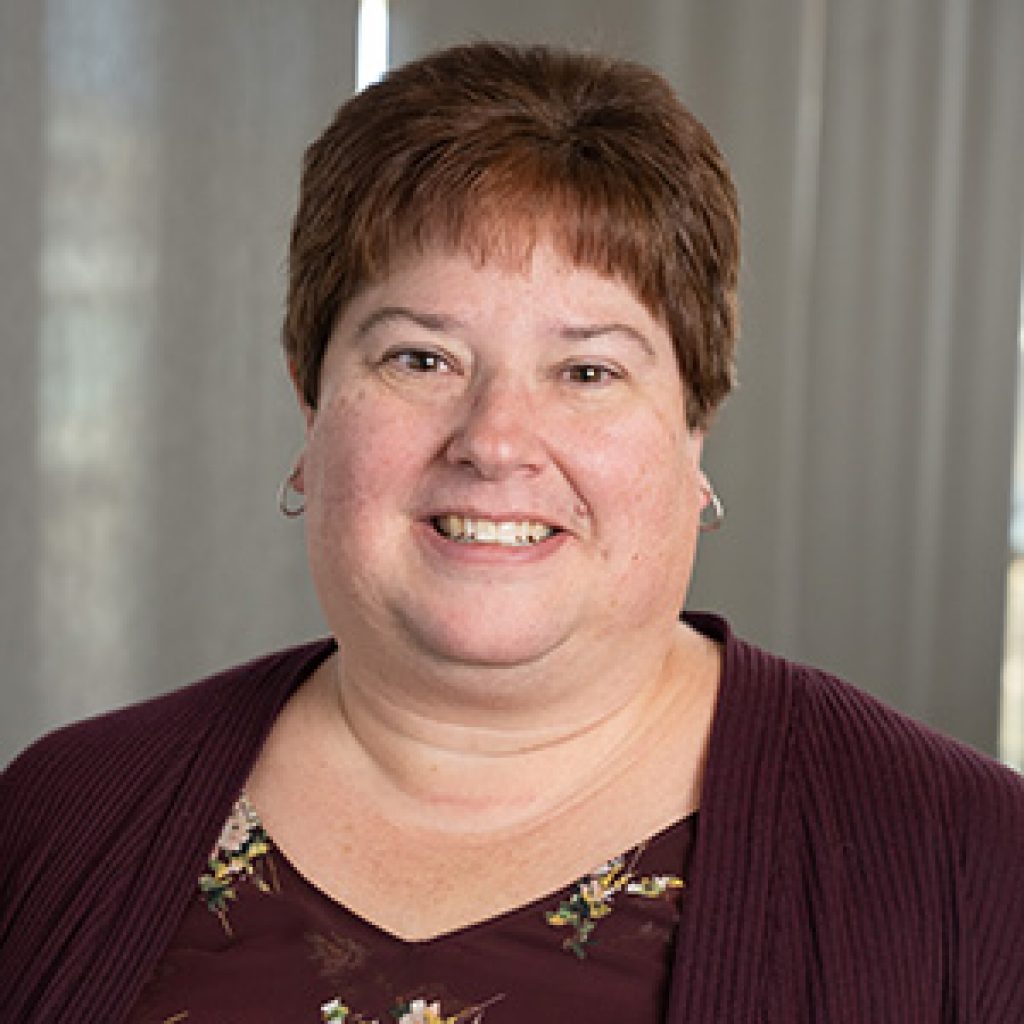
Jen Zimmerman
Office Manager
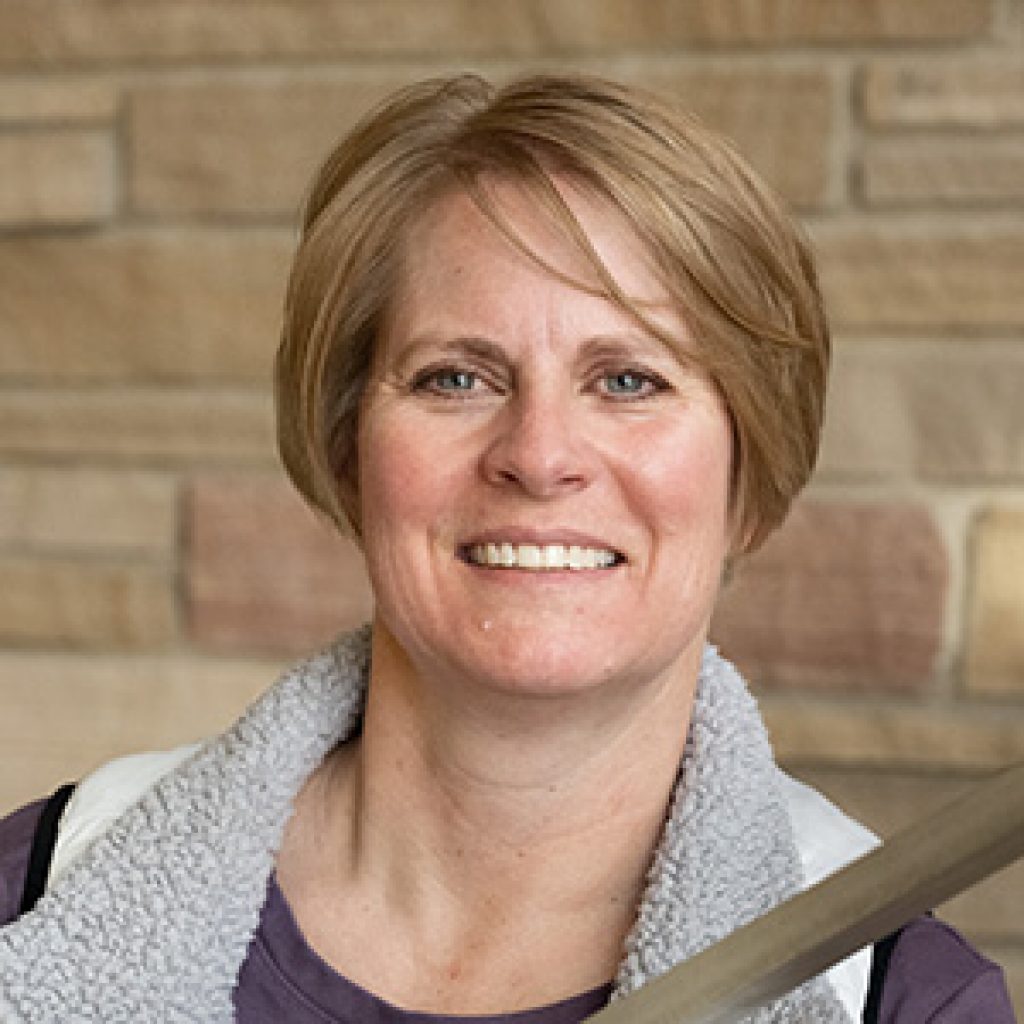
Kim Chacon
Accounting Technician
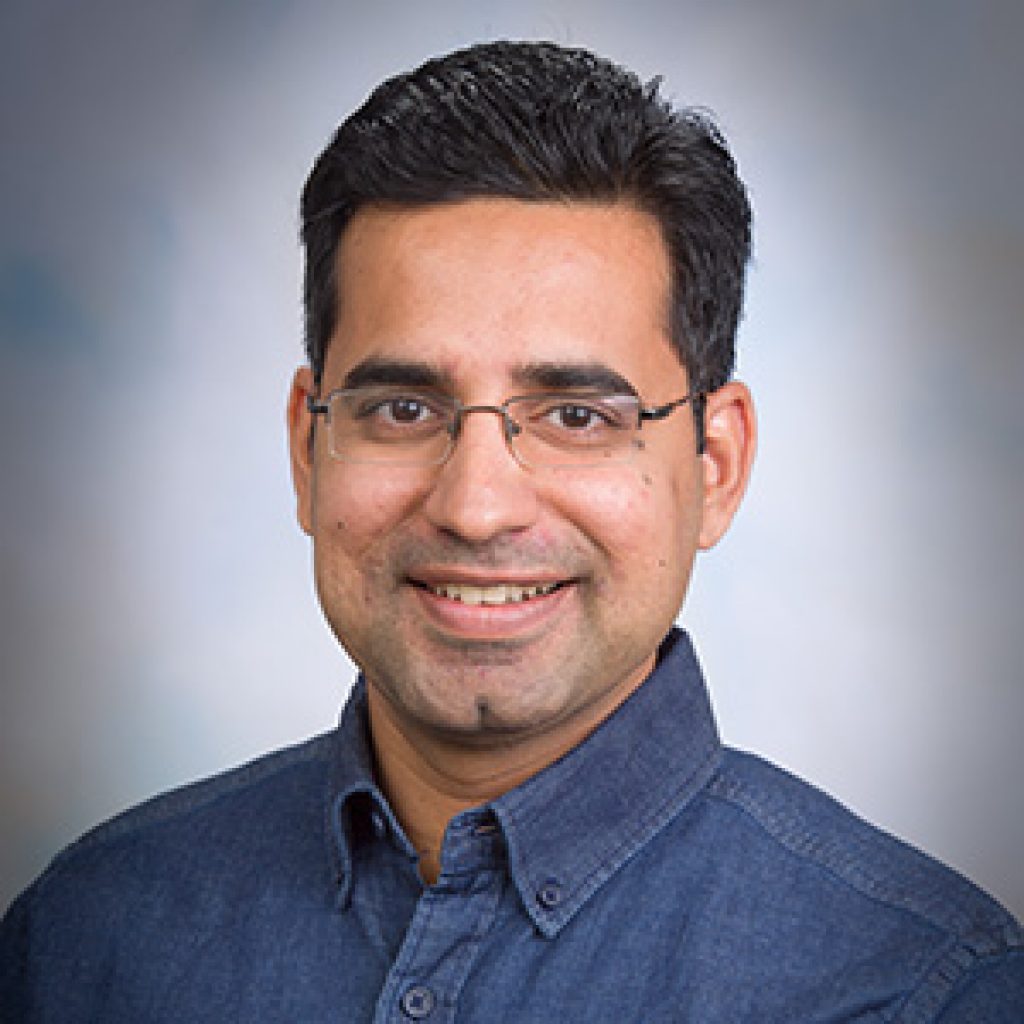
Abhimanyu Chawla
Systems Administrator
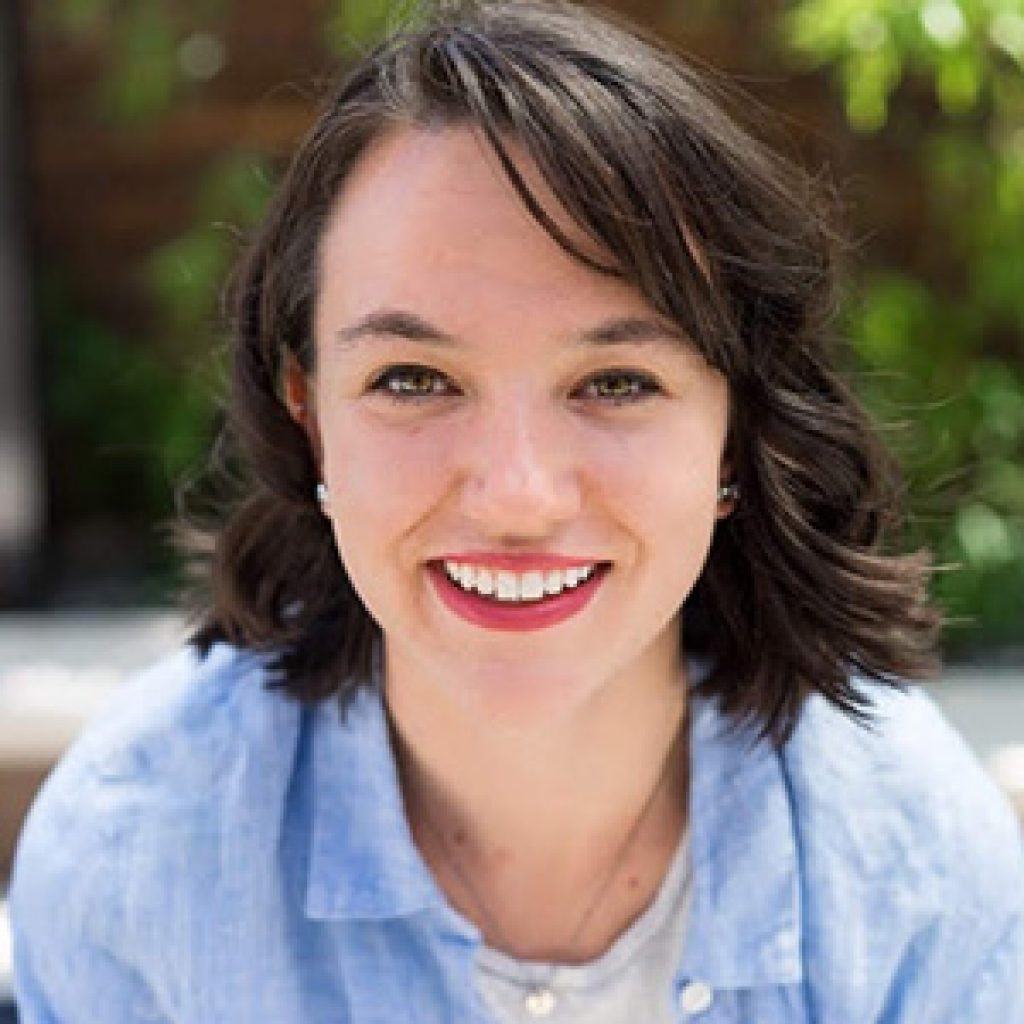
Colleen Reidy
Academic Success
Coordinator
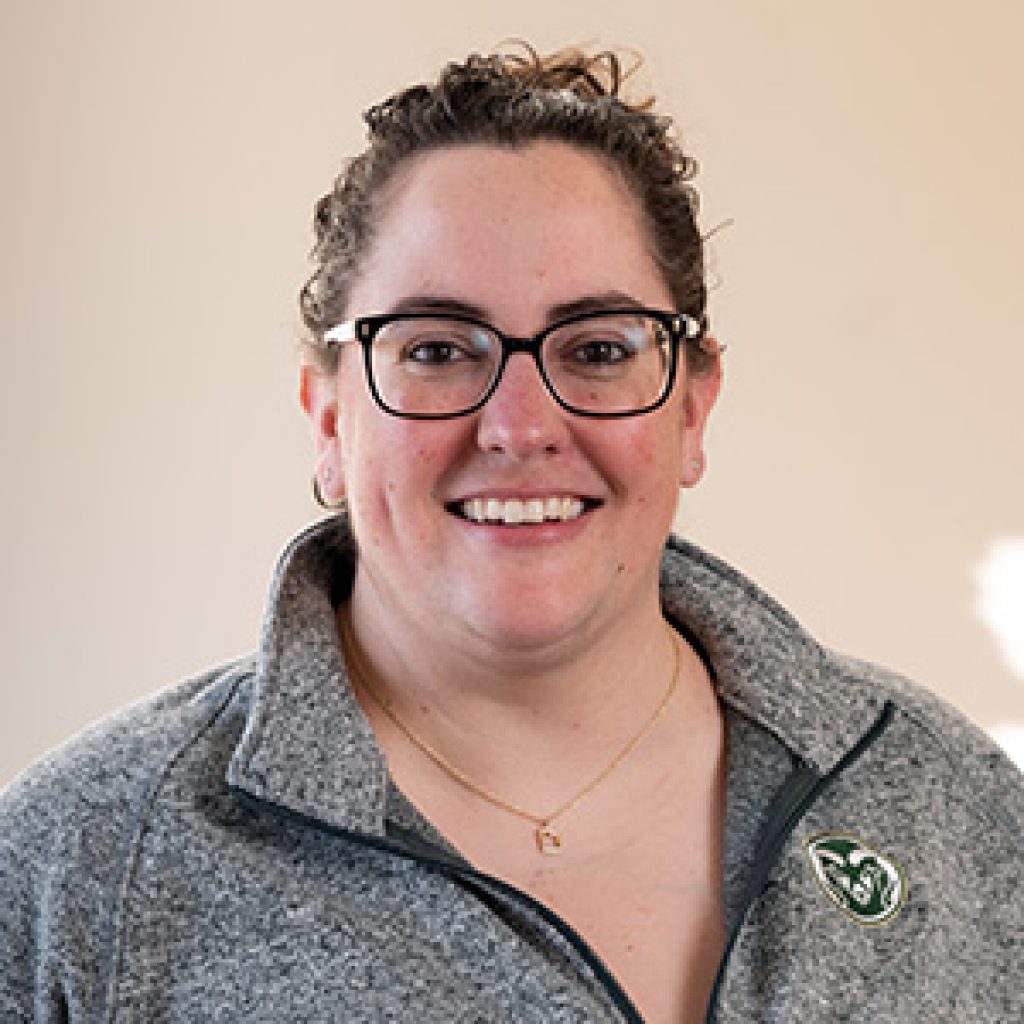
Kelsey Dockendorff
Academic Success
Coordinator
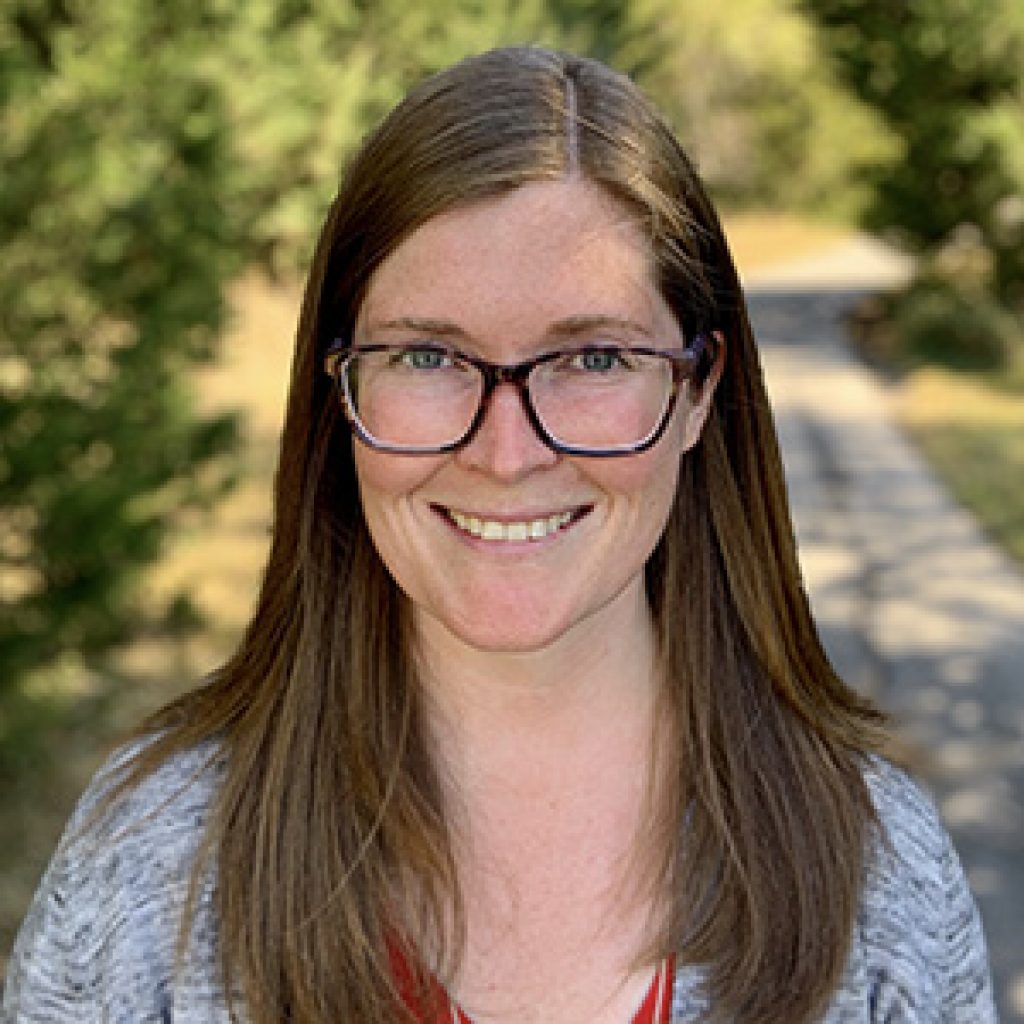
Bess Hewitt
Academic Success
Coordinator
As we work together to explore, invent, and achieve at the lightening-fast pace our field requires, we encourage you to stay connected with the Department of Computer Science. Thank you and enjoy!
Send your Computer Science news, events, and story ideas to lisa.knebl@colostate.edu
